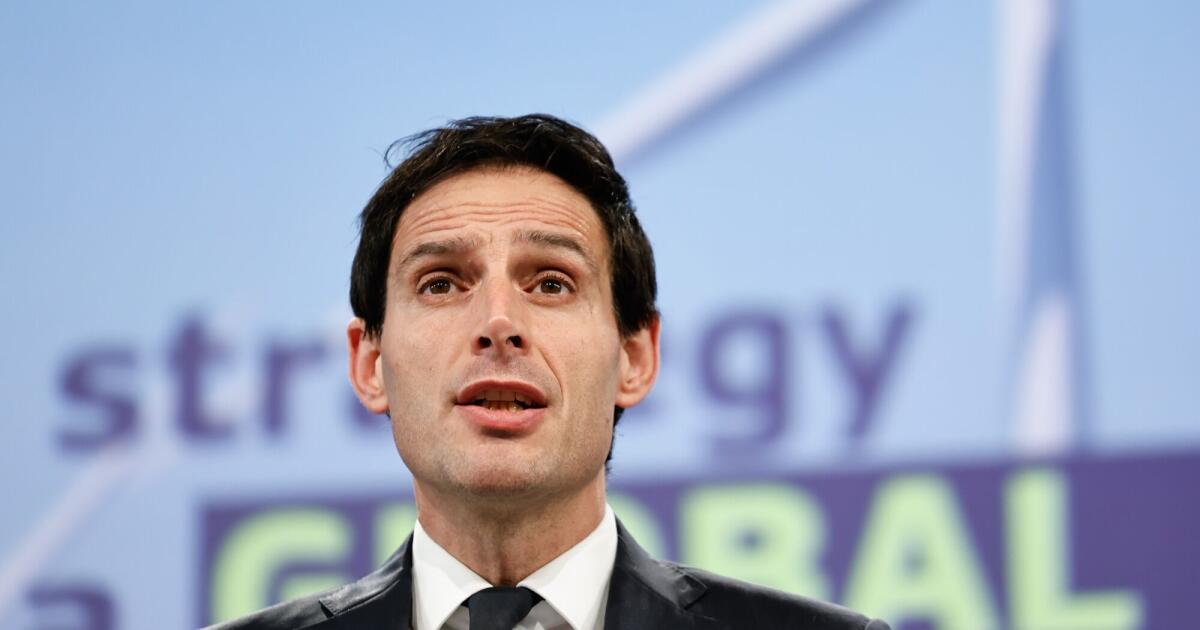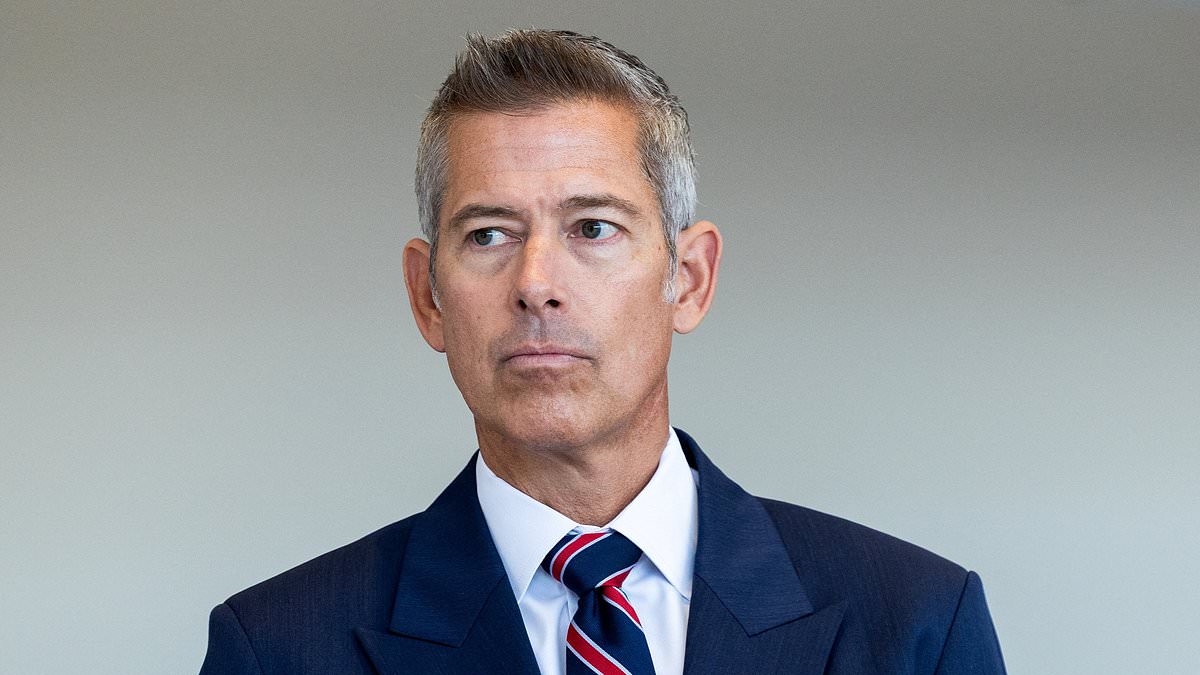Copyright Los Angeles Times

European Union Climate Commissioner Wopke Hoekstra said the U.S. retreat on green commitments will damage the potential for global impact as well as the overall mood at the upcoming COP30 talks in Brazil, but that it points to new “partnerships and opportunities” for other nations to forge progress. The U.S. said on Friday that it will not send high-level officials to the United Nations-sponsored events, which start this week in the Amazon city of Belém. President Trump in January initiated the country’s withdrawal from the Paris Agreement, the global accord to address climate change, a process that takes a year. “We’re talking about the largest, the most dominant, most important geopolitical player from the whole world. It is the second largest emitter,” Hoekstra said of the U.S., in an interview in Toronto on Saturday. “So if a player of that magnitude basically says, ‘Well, I’m going to leave and have it all sorted out by the rest of you,’ clearly that does damage.” European Commission President Ursula von der Leyen and UK Prime Minister Keir Starmer have confirmed their attendance at COP30, while French President Emmanuel Macron and German Chancellor Friedrich Merz are expected to confirm in coming days. While describing the U.S. absence from COP30 as a “watershed moment,” Hoekstra, the EU’s climate chief and a former minister in the Netherlands, pointed to the continuing engagement of many U.S. governors and mayors on climate issues. He also cited the ongoing business case for decarbonization. American companies “might no longer write the C word in capitals,” he said, referring to climate. “But if there is a business case to continue with solar or batteries or wind, and that business case is sound, well, what do business people do? They try to reap these benefits, and rightly so.” COP30 organizers haven’t laid out a main goal or deal going into the talks. The first such summit to be held in the Amazon rainforest, it is set to focus on implementation, or turning policies into tangible outcomes. Hoekstra said he hopes for three key achievements: steps to close the gap between current climate policies and what scientists say is needed to limit temperature rise; action to scale up carbon markets; and for countries to “get concrete” about climate adaptation. Most countries missed the deadline to submit their climate pledges to the UN ahead of the talks, and a recent analysis found those pledges would result in emissions cuts far lower than what’s needed to avoid the worst impacts of global warming. While the EU is a leader on ambitious climate policy with a binding target of net zero emissions by 2050, it hasn’t yet submitted its own pledge, or Nationally Determined Contribution, for 2035. “If you are more than walking the talk yourself, you always have an easier conversation,” Hoekstra said. At COP30, the EU “can motivate, we can build coalitions, we can bring others into the tent,” he said. But he noted that the 27 countries in the bloc together only account for a small fraction of the world’s annual emissions. That means “there is no alternative for the others, amongst roughly the group of the G20, to take action themselves,” said Hoekstra. The world’s biggest greenhouse gas polluter, China, submitted a NDC that was largely seen as modest. Hoekstra described China’s climate policies as having “pluses and minuses,” noting he’s particularly worried about the superpower’s coal-plant-building push, which risks locking in future fossil fuel use. “It would be very important for the world if they would actually refrain from that,” he said. And its NDC, he said, is inadequate. “Most experts were hoping for an NDC north of 30% [in reductions], or at least something around 20%,” he said. “And then an NDC that is in all likelihood below 10%? I mean, even with all the diplomatic language I would love to wrap around that, it’s hard to see how that is enough.” China has a carbon market, and Brazil is going into COP with a proposal for the voluntary integration of such markets to accelerate decarbonization. Hoekstra hailed carbon markets as “an idea for which the time has come”: “It’s non-ideological. It is hugely impactful,” he said. “And I think we can push that even further in terms of its acceptance, but also in terms of its scope” at COP30. In the decade since the Paris Agreement, the world has “managed to get rid of the most extreme scenarios” for climate change “simply because of the action we’ve collectively taken,” said Hoekstra. But major damage still lies ahead without stronger measures. “Climate change will become a harsh economic reality,” he said. “If you look at what happened in Slovenia in the summer of 2023, they got hit by floods and the impact was roughly 11% of GDP. And every single year we see more of these types of events, and no one knows who will be hit next year.”



